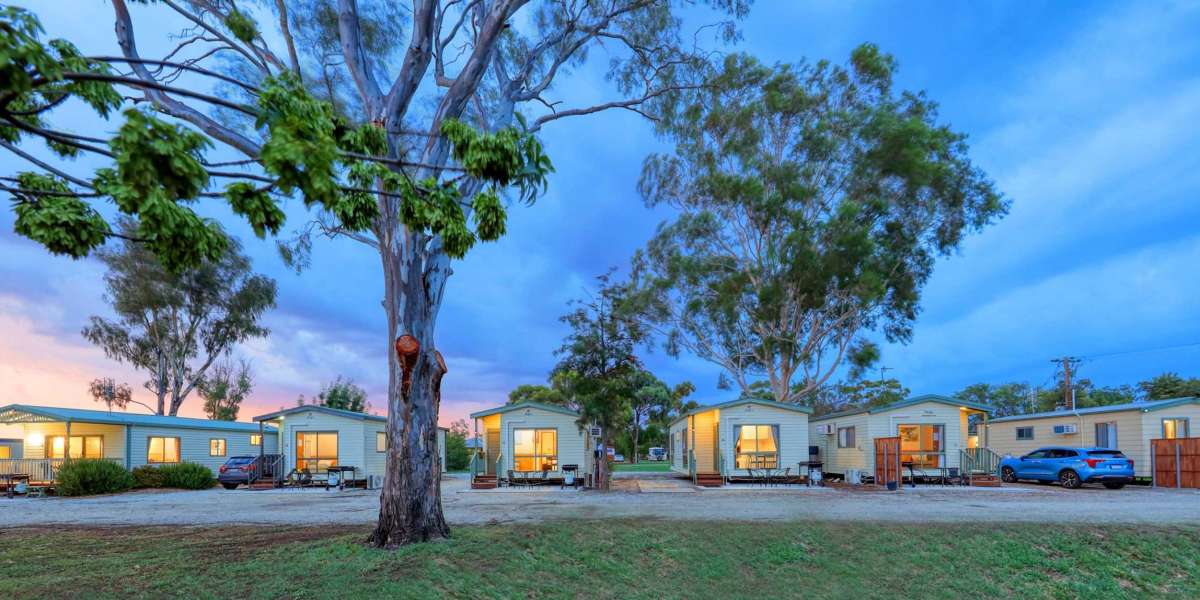Anxiety can affect anyone, anytime. From constant worrying to full-blown panic attacks, it can disrupt daily life and impact overall well-being. If you’re looking for effective solutions, understanding the treatment modalities for anxiety is a great place to start. This guide explores proven therapeutic approaches that help manage and reduce anxiety symptoms. Whether you're new to therapy or exploring additional options, these insights can help you make informed choices.
What Are Treatment Modalities for Anxiety?
Treatment modalities refer to structured methods or strategies used by mental health professionals to address anxiety disorders. These can include talk therapies, medication, holistic approaches, and even lifestyle interventions.
Examples of treatment modalities:
Cognitive Behavioral Therapy (CBT)
Medication (SSRIs, Benzodiazepines)
Mindfulness-Based Stress Reduction (MBSR)
Exposure Therapy
Group Therapy
Why Are Anxiety Treatment Modalities Important?
Treating anxiety effectively can:
Help individuals regain control over their emotions
Prevent related issues like depression or substance abuse
With the right modality, symptoms can be managed or significantly reduced.
How to Choose the Right Treatment for Anxiety
Step-by-step guide:
Get a professional diagnosis – Visit a licensed therapist or psychiatrist.
Understand your symptoms – Is it generalized anxiety, social anxiety, panic disorder, etc.?
Discuss your preferences – Some may prefer therapy over medication.
Try evidence-based therapies – Start with CBT, which is considered a gold standard.
Evaluate and adjust – What works for one person may not work for another.
Best Practices for Anxiety Treatment
Be consistent: Regular therapy sessions or medication adherence is crucial.
Combine approaches: Therapy + medication often yields the best outcomes.
Track progress: Keep a journal or use mental health apps.
Stay informed: Read up on new research or techniques.
Involve your support system: Let trusted friends or family know how to help.
Common Mistakes How to Avoid Them
Skipping therapy sessions – Inconsistency reduces effectiveness.
Self-medicating – Avoid alcohol or drugs as coping mechanisms.
Expecting instant results – Most treatments take time.
FAQs
1. What is the most effective treatment modality for anxiety?
CBT is widely considered the most effective therapy for anxiety disorders.
2. Can medication alone treat anxiety?
Yes, but it's often more effective when combined with psychotherapy.
3. How long does anxiety treatment take to work?
Many people begin to see improvement within 4–8 weeks, depending on the modality.
4. Are natural or holistic methods effective for anxiety?
Yes, approaches like yoga, meditation, and acupuncture can help when used alongside clinical treatments.
5. What if therapy doesn’t work for me?
Not every approach suits everyone—consider trying a different modality or therapist.
6. Is group therapy effective for anxiety?
Absolutely. It provides peer support and social exposure in a controlled setting.
Conclusion
Understanding and exploring various treatment modalities for anxiety is essential for long-term recovery. From therapy to medication to holistic practices, there are numerous options available to help manage anxiety. Remember, what matters most is finding a method that resonates with you and sticking with it.
If you're struggling with anxiety or exploring treatment options, visit https://mentalhealthconnect.co/ for resources and professional support.














